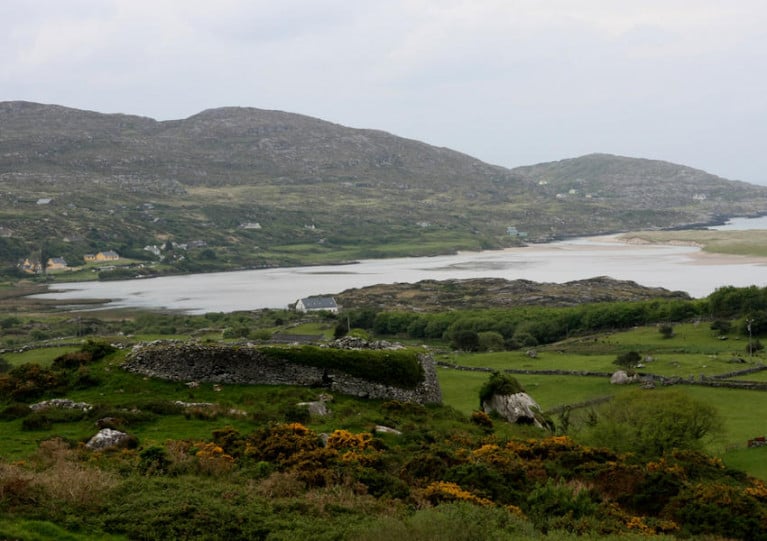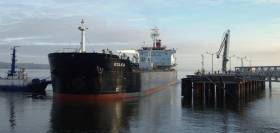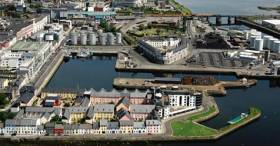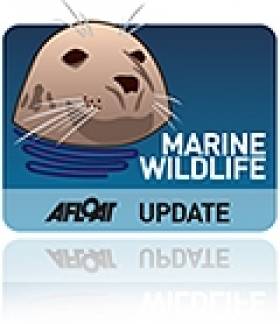Displaying items by tag: EU Habitats Directive
A new report from the Irish Wildlife Trust says some of this country’s protected marine zones are suffering from “serious deterioration, and in some cases outright destruction”.
And according to The Irish Times, the situation is grave enough for the trust to lodge a complaint with the European Union over “blatant” violations of the EU Habitats Directive.
The report highlights four Special Areas of Conservation, in West Cork, Kerry, Mayo and Donegal, where “the destruction of incredibly rare reefs and significant declines in carbon-sequestering seagrass meadows” is especially severe.
Moreover, the report cites data from the National Parks and Wildlife Service which says nearly half of all marine wildlife and plantlufe habitats it has surveyed in recent years are in decline, with a whopping 85% described as inadequate.
The Irish Times has more on the story HERE.
#ShannonEstuary - The Limerick Leader writes that an environmental NGO has secured permission to bring a High Court challenge against An Bord Pleanala's decision to extend planning permission to develop a Liquid Natural Gas (LNG) terminal on the Shannon Estuary.
Friends of the Irish Environment CLG have brought proceedings aimed at quashing the planning authorities' decision to extend permission for a period of five years to develop an LNG terminal, which includes four large tanks, jetties to receive ships, and associated works at Kilcolgan, near Tarbert in north Co Kerry.
Permission for the facility, where gas will be shipped to be used by consumers in Ireland and Europe, was granted in 2008.
For much more the regional newspaper reports here.
Port of Galway Prepares for New Era
#GalwayHarbour - The Connacht Tribune writes that the final part of the jigsaw for the Galway Harbour Company in the protracted planning process for a €126 million port extension will be submitted this month.
Consultants are to lodge details of land that it is proposing as compensation for the EU habitat site being lost to the development, which is a core requirement of an IROPI application, where projects in highly sensitive areas can be given the green light for “Imperative Reasons of Overriding Public Interest” – the first ever considered in the country.
The compensatory land has to be roughly the same size as that being lost to the extension – 67 acres – and be as near as possible to the port. The submission will detail a management plan to ensure it complies with the European environmental designation.
For further reading on the mid-west port, click here.
Providence Not Informed of Dalkey Island Designation
#DALKEY DESIGNATION – The company prospecting for oil off Dalkey in Dublin Bay, Providence Resources said that they had not been given advance information of a Government proposal to designate an area from Dalkey Island to north of Swords as a Marine Special Area of Conservation
Maps provided by the Department of Arts, Heritage and the Gaeltacht showing the location of six proposed marine special areas of conservation appeared to show an overlap between Providence Resources's location for a seismic survey and an area called Dalkey Island to Rockabill, which is earmarked for special conservation.
Designation as a special area of conservation (SAC), or even a candidate area, means development would be extremely problematic.
Minister for Arts, Heritage and the Gaeltacht Jimmy Deenihan yesterday proposed more than 27,000 hectares from Dalkey Island northwards across Dublin Bay to north of Swords be designated such an area. The location was one of six designations made under the EU habitats directive. To read more, see yesterday's Irish Times.
































































